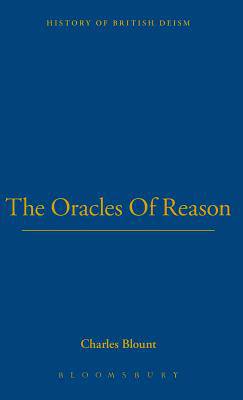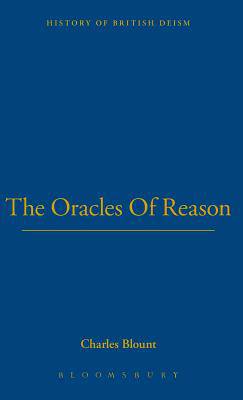
- Afhalen na 1 uur in een winkel met voorraad
- Gratis thuislevering in België vanaf € 30
- Ruim aanbod met 7 miljoen producten
- Afhalen na 1 uur in een winkel met voorraad
- Gratis thuislevering in België vanaf € 30
- Ruim aanbod met 7 miljoen producten
Zoeken
€ 189,45
+ 378 punten
Uitvoering
Omschrijving
Deism was often synonymous with 'natural religion' (as distinct from 'revealed religion') in the seventeenth and eighteenth centuries; it meant belief in a God, but not in any particular mystical or supernatural powers. The word itself was probably coined in the middle of the sixteenth century in France, but the concept began to emerge in British theology in the seventeenth century, most notably in De Veritate (1624) by Lord (Edward) Herbert of Cherbury. By the middle of the seventeenth century, deism was beginning to concern orthodox theologians, and any suggestion of it was quickly attacked. Interest in deism was not so much a movement or a philosophical system, as it was a concept which allowed those who were uneasy with the elements of superstition in revealed religion to accommodate within the enlarging boundaries of religion difficult theological, or even specifically Christian, ideas. Yet many Christian clerics felt that deism led invariably and inevitably to atheism and vigorously opposed the idea and were often intolerant of its adherents. The texts reprinted here combine major documents in the history of deism in britain with other less well-known texts whose relevance to the topic has yet to be properly assessed. Oracles of Reason contains some of Blount's best and most original work. Many of the articles in it had been circulated clandestinely in manuscript form for over ten years: publication of them was regarded as dangerous and would have been open to charges of subversion and treason. Its publication provoked a number of replies and attacks, effectively preparing the ground for a controversy that would spectacularly grow in the following years. An important and rare document in the history of deistic thought.
Specificaties
Betrokkenen
- Auteur(s):
- Uitgeverij:
Inhoud
- Aantal bladzijden:
- 270
- Taal:
- Engels
- Reeks:
Eigenschappen
- Productcode (EAN):
- 9781855067349
- Verschijningsdatum:
- 3/01/1999
- Uitvoering:
- Hardcover
- Formaat:
- Genaaid
- Afmetingen:
- 140 mm x 216 mm
- Gewicht:
- 462 g

Alleen bij Standaard Boekhandel
+ 378 punten op je klantenkaart van Standaard Boekhandel
Beoordelingen
We publiceren alleen reviews die voldoen aan de voorwaarden voor reviews. Bekijk onze voorwaarden voor reviews.











